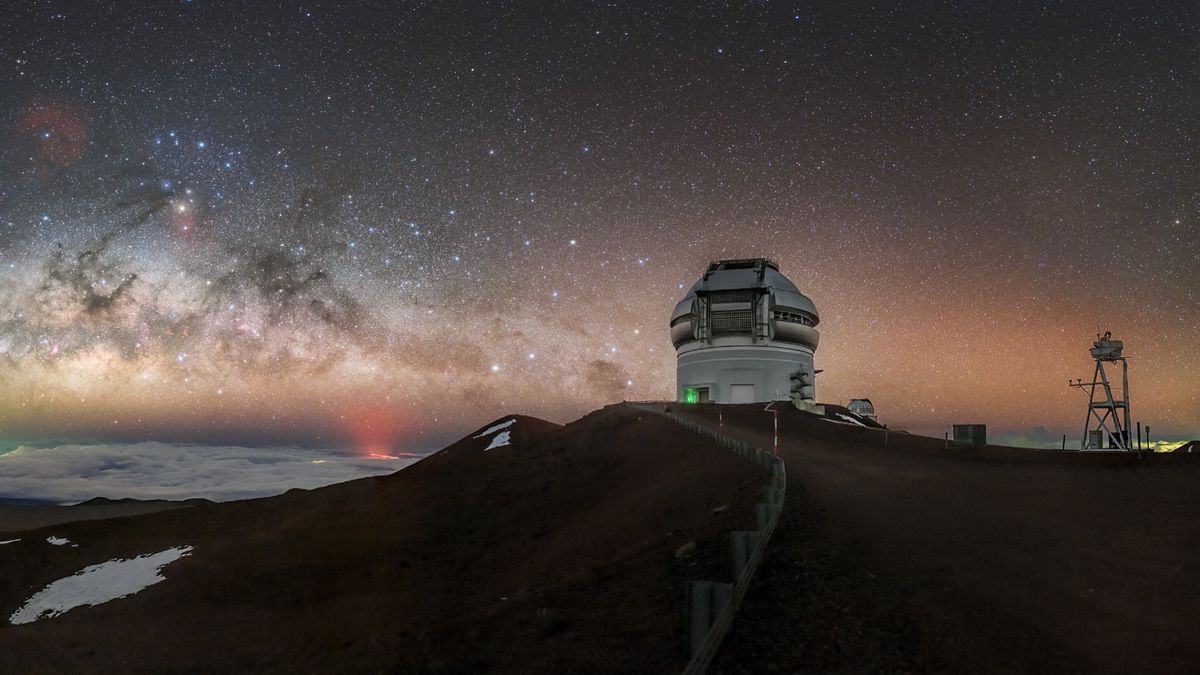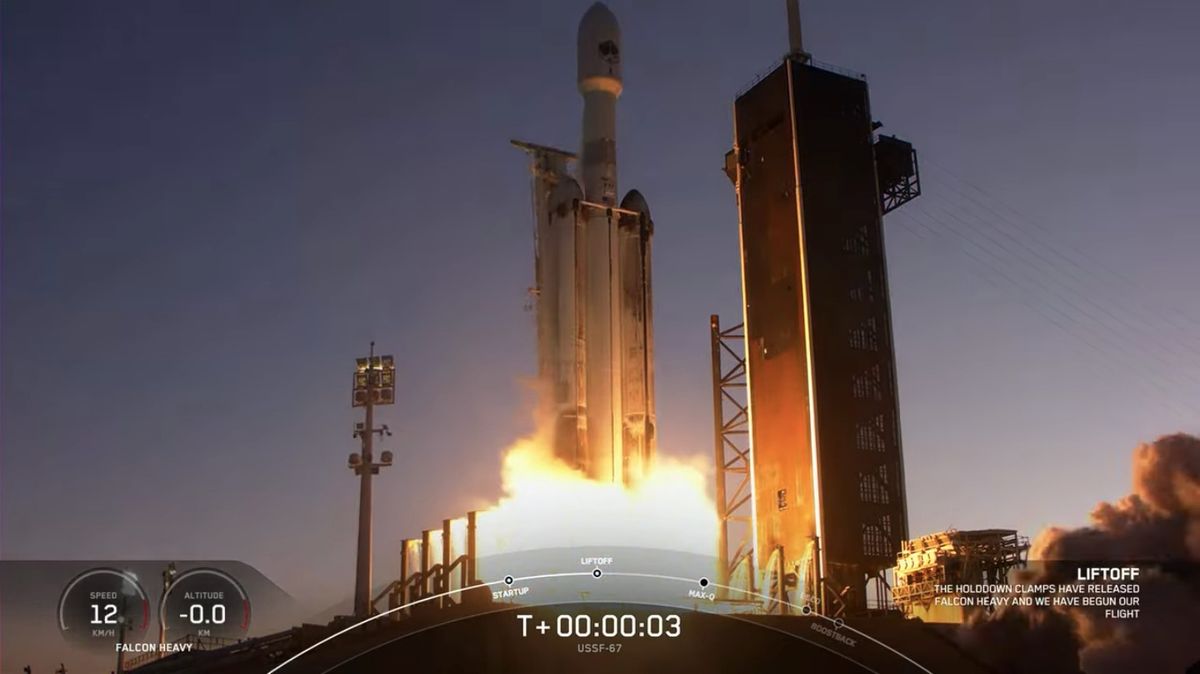Some of the world’s leading astronomical observatories have reported cyberattacks that have resulted in temporary shutdowns.
The National Science Foundation’s National Optical-Infrared Astronomy Research Laboratory, or NOIRLab, reported that a cybersecurity incident that occurred on Aug. 1 has prompted the lab to temporarily halt operations at its Gemini North Telescope in Hawaii and Gemini South Telescope in Chile. Other, smaller telescopes on Cerro Tololo in Chile were also affected.
“Our staff are working with cybersecurity experts to get all the impacted telescopes and our website back online as soon as possible and are encouraged by the progress made thus far,” NOIRLab wrote in a statement on its website on Aug. 24.
Related: Spies and hackers are targeting the US space industry: report
It’s unclear exactly what the nature of the cyberattacks were or from where they originated. NOIRLab points out that because the investigation is still ongoing, the organization will be cautious about what information it shares about the intrusions.
“We plan to provide the community with more information when we are able to, in alignment with our commitment to transparency as well as our dedication to the security of our infrastructure,” the update added.
The cyberattacks on NOIRLab’s facilities occurred just days before the United States National Counterintelligence and Security Center (NCSC) issued a bulletin advising American space companies and research organizations about the threat of cyberattacks and espionage.
Foreign spies and hackers “recognize the importance of the commercial space industry to the U.S. economy and national security, including the growing dependence of critical infrastructure on space-based assets,” the bulletin stated. “They see US space-related innovation and assets as potential threats as well as valuable opportunities to acquire vital technologies and expertise.”
This isn’t the first time that astronomical observatories have been the target of cyberattacks. In Oct. 2022, hackers disrupted operations at the Atacama Large Millimeter/submillimeter Array (ALMA) in Chile, and NASA has been the victim of cyberattacks for years. In 2021, the agency was affected by the worldwide SolarWinds breach that NASA leadership called a “big wakeup call” for cybersecurity.














